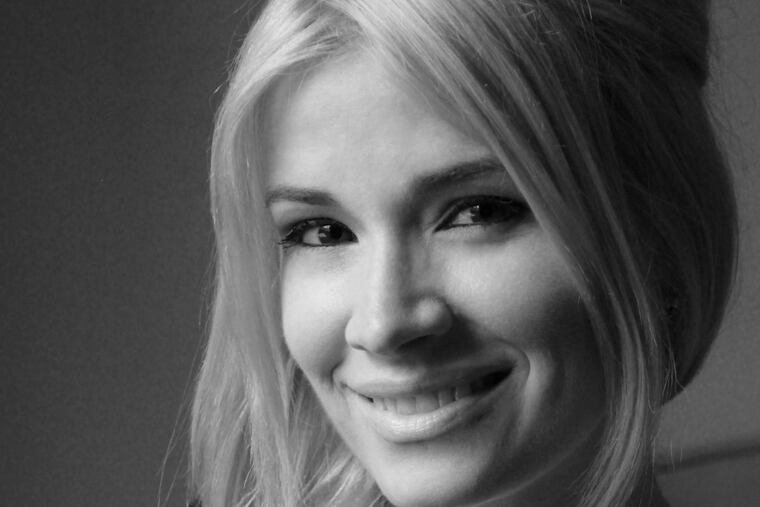'Playing Dead': The weird business of faking your demise
We've all felt it, the desire to run away from the tedium of our lives. As Playing Dead author Elizabeth Greenwood speculates, we may be even more inclined to dream of disappearing now, in the age of trackable smartphones and constant surveillance. "We are burdened with our search histories and purchase histories and data sets that constitute our profile, to then be lumped and farmed out and sold to the highest bidder," she writes, and she has a point.

Playing Dead
Journey Through the World of Death Fraud
By Elizabeth Greenwood
Simon & Schuster.
272 pp. $26 nolead ends nolead begins
Reviewed by Katie Haegele
nolead ends We've all felt it, the desire to run away from the tedium of our lives. As Playing Dead author Elizabeth Greenwood speculates, we may be even more inclined to dream of disappearing now, in the age of trackable smartphones and constant surveillance. "We are burdened with our search histories and purchase histories and data sets that constitute our profile, to then be lumped and farmed out and sold to the highest bidder," she writes, and she has a point.
But what about leaving for real? Faking your own death - the closest thing to suicide without actually dying? Who would try it?
Greenwood, that's who. In her introduction, the young journalist explains why: She was drowning in $100,000 worth of student loans. She had no hope of paying off her debt in this lifetime - so why not "die"? The idea came up in a jokey conversation with a similarly stretched-thin friend, who, one imagines, forgot the conversation moments later. Greenwood, who began researching death fraud that evening at home, did not.
She sets out to learn how she might fake her own death by seeing how others have done it. Or rather, how they've tried and failed, since, as she points out, it's impossible to prove a negative. Anyone who has successfully faked death is not available for an interview because, well, we think that person is dead.
She meets folks who get paid to investigate insurance fraud, which remains one of the most popular reasons for pulling a fakey: simple greed. Steve Rambam is a no-nonsense, hard-boiled detective who maintains that simply disappearing is easier to do than faking your death, and vastly preferable. Pretending to die is not strictly illegal, but fraudulently claiming a life insurance policy is, as is using a fake identity, which is the only way you could do anything after you "died."
By book's end, Greenwood makes her way to the Philippines, where corrupt government agencies make faking your death easy and fairly commonplace, on a quest for her very own death certificate.
For those familiar with gonzo journalist Jon Ronson, this is a Ronsonesque stunt, and though Greenwood is an entertaining writer, she doesn't quite have his genius for dry understatement. She knows how to tell a good story - and there are lots of them here - but when she writes about herself, her prose is a bit overcooked: "In the crepuscular light of early winter, I was bemoaning my self-imposed financial plight . . .."
Still though, the stories. We meet John Darwin, a U.K. man who with his wife lied to everyone, including their grown sons, and pretended he had died in a boating accident when he was living in his own rental property next door, in disguise, for nearly six years. His motive was a mortgage insurance policy. He eventually turned himself in. But the suffering he caused his family was, in Greenwood's words, the "collateral damage" he doesn't ever quite own up to.
She also introduces us to the Believers, the utterly devoted contingent within Michael Jackson fandom who believe the King of Pop faked his death and is sending them messages from beyond the fake grave via lyrics in his posthumously released songs. Greenwood doesn't share their beliefs, but she doesn't make fun of them, either. That would be "taking a cheap and dreadfully obvious shot. . . . It takes a lot more courage to believe doggedly in something so outlandish and weird. The believing itself is the point more than the outcome. It's faith."
This largeness of imagination makes Greenwood's book a success. Whether death fraudsters strike you as clever schemers or fascinating in a fringe-weirdo sort of way, Greenwood makes them human, a lovely way of showing how expansive life is - even in death.
Katie Haegele's website is thelalatheory.com.